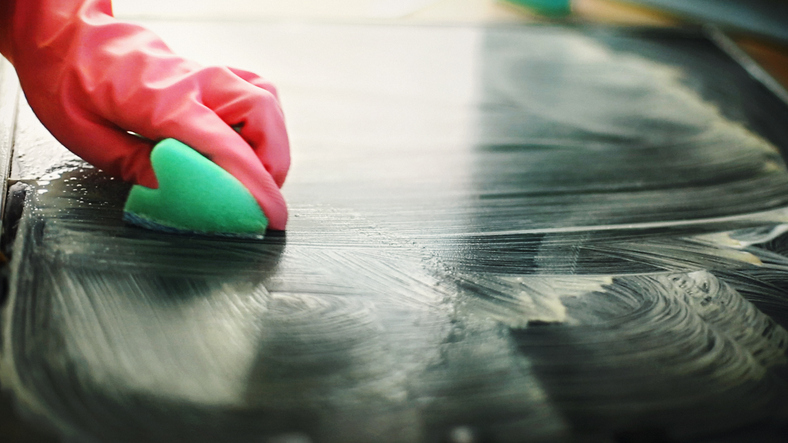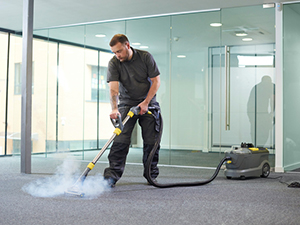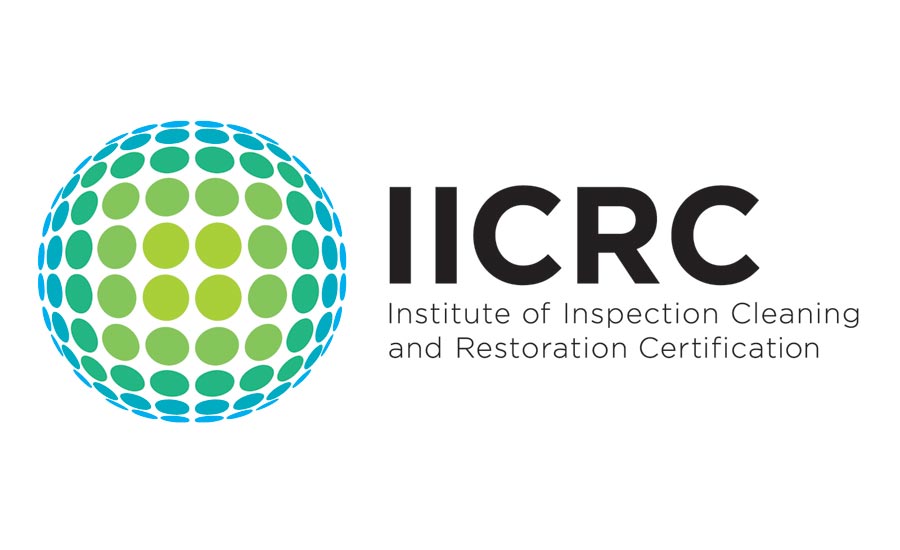
In a competitive and dynamic food and beverage sector, a successful and sustainable operation relies as much on impeccable cleaning practices as it does on the menu, atmosphere and great service, writes Christiaane Davis.
In the hospitality sector where every customer is an instant and socially-influential critic, cleaning and hygiene are no trivial matters. A fresh-looking and smelling dining and bar setting that is spotlessly clean gets a big tick.
Poorly-maintained or unhygienic facilities is a big turn off, which ultimately impacts the bottom-line. Sub-standard health and hygiene practices can even force closure.
In a competitive and dynamic food and beverage sector, a successful and sustainable operation relies as much on impeccable cleaning practices as it does on the menu, atmosphere and great service.
Sustainability is an increasingly-important consideration for the hospitality sector, as patrons and staff become more concerned about the environmental and social impact of their choices.
The sector is seeing a growing awareness about sustainably-sourced produce, fair trade, organic ingredients and food waste. Sustainability also extends to other environmental, social and financial business decisions – for example, how you can keep your premises clean and food preparation areas hygienic and healthy with more sustainable cleaning practices.
High-traffic areas and touchpoints such as kitchens, bathrooms, bar service and dining areas need regular maintenance and thoroughly hygienic cleaning, not just to meet regulatory health standards, but the high expectations of today’s clientele.
Sustainable cleaning means choosing cleaning products that don’t use high volumes of water and toxic chemicals, which end up down the drain and into waterways. New cleaning technology can solve this dilemma and deliver many other environmental, social and financial benefits.
No-compromise ‘green’ cleaning
In the food and beverage sector, cleaning practices are primarily focused on food safety, maintaining good hygiene and regularly disinfecting surfaces and touchpoints. Creating the right impression for customers with a clean and healthy venue does not mean you should ignore environmental responsibility by using high volumes of water and lots of harsh chemicals in daily cleaning processes.
The benefits of cleaning with less water and chemicals are gaining recognition in the sector. The concept of low-chemical, low-water cleaning, dubbed green cleaning, is a healthy and effective way for an organisation to fulfil its commitment to environmental responsibility without compromising quality and hygiene.
The development of professional-grade microfibre has helped many hospitality and foodservice businesses achieve a higher-quality, ‘green’ clean. Many pubs, clubs, hotels and restaurants are turning to microfibre-based cleaning solutions that are not only more effective in removing food and grease, but return a net-positive impact on the environment.
Microfibre works differently to standard cleaning cloths, due to its scientifically-designed fibres that are engineered to attract and trap dirt, dust, grease, food and liquid.
Using damp microfibre cloths and mops with only a small amount of cleaning chemicals eliminates the need to wring out excess liquid, lift or empty buckets and pour high quantities of water and chemicals down the drain. Reusable Microfibre cloths and mop pads can be washed again and again, further reducing product waste going to landfill.
A healthy, hygienic and cleaner environment
Contamination and food poisoning is a constant challenge for the hospitality sector. Regulations and community standards require quality-assured, effective cleaning practices in all public spaces to reduce the risk of food-borne illness. An effective cleaning process must not only deal with visible food and liquid spills, but the invisible germs which must be completely removed to protect a patron’s health.
Implementing a superior commercial microfibre cleaning solution helps a food and beverage business mitigate potential food safety health risks. Microfibre, as the name implies, is specially designed with incredibly fine fibres, 20 times lighter than a human hair. Superior-quality microfibre uses different polymers to create positive attraction, so the fibres trap and hold dirt and grease particles amongst the fibre, reducing the risk of transfer.
With only a small amount of water and chemicals, microfibre cloths are able to remove dirt, grease, food and germs from any hard surface in a food and beverage service environment. This produces a sparkling result while also preventing any potential cross-contamination.
Reducing the use of chemicals and water in the cleaning process also reduces the risk to staff and customers of slipping on wet surfaces or experiencing skin and respiratory irritations from chemical exposure.
Productivity and economic benefits
This shift towards green cleaning with microfibre delivers many savings and benefits, not just limited to lower environmental impact. It has additional productivity savings for staff and improves the ‘customer experience’ for patrons.
A busy food service team is always looking for ways to boost productivity so staff can achieve more in less time. The microfibre process is a one-step workflow, so cleaning times can be significantly reduced. Plus, by reducing the use of water and chemicals, surfaces require less drying time. Instead of avoiding or working around wet areas to avoid slips and falls, staff can be more productive and areas can be returned quickly for patron use.
Microfibre is extremely versatile and can be used on all types of hard surfaces, including glass, mirrors and stainless steel with streak-free performance. Staff can use a single system for virtually every cleaning application and minimise the time spent changing between equipment and products.
More environmentally-responsible cleaning practices also mean financial savings for the business with lower water and chemical costs.
With the superior capabilities of a microfibre system you can confidently achieve a thoroughly hygienic clean to create a safe, enjoyable experience for the customer and a better-performing, sustainable business.
*Christiaane Davis, Newell Brands Marketing, Rubbermaid Commercial Products
www.rubbermaidcommercial.com.au
This first appeared in the November/December issue of INCLEAN magazine


